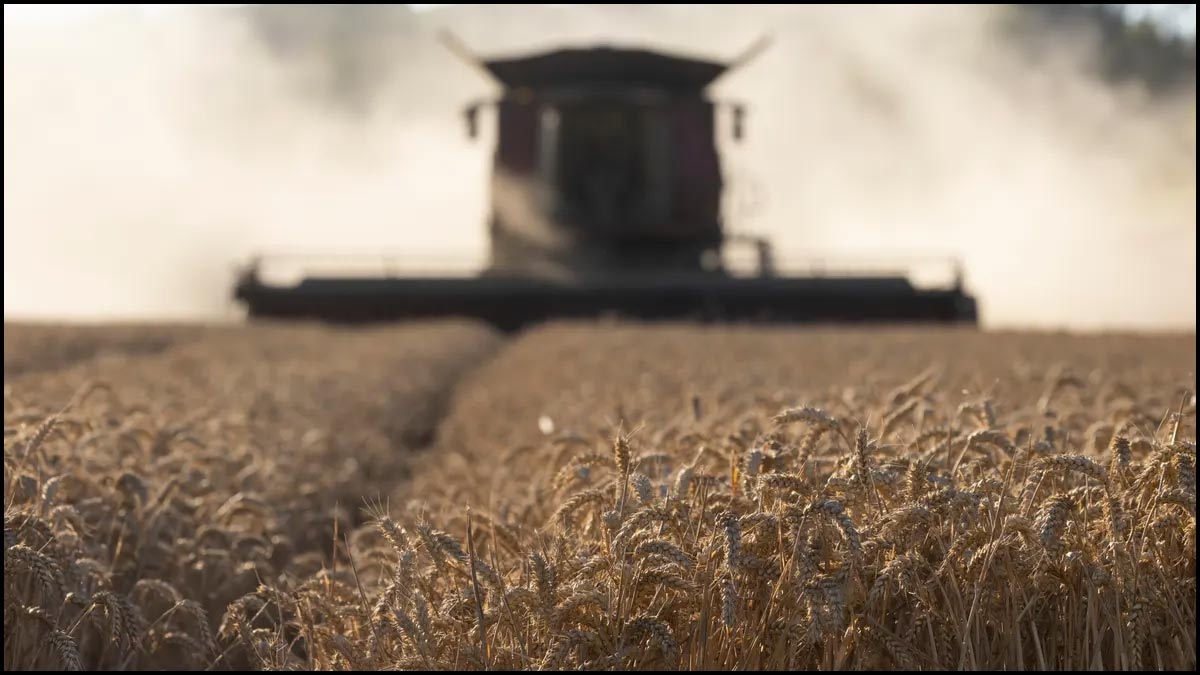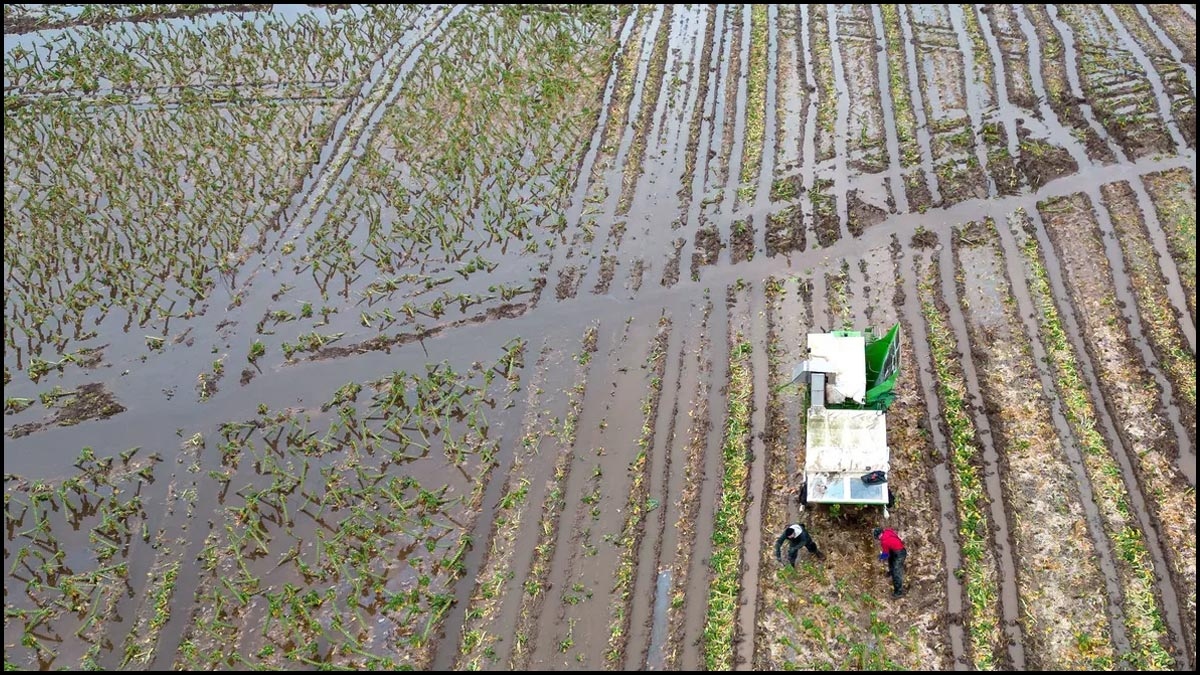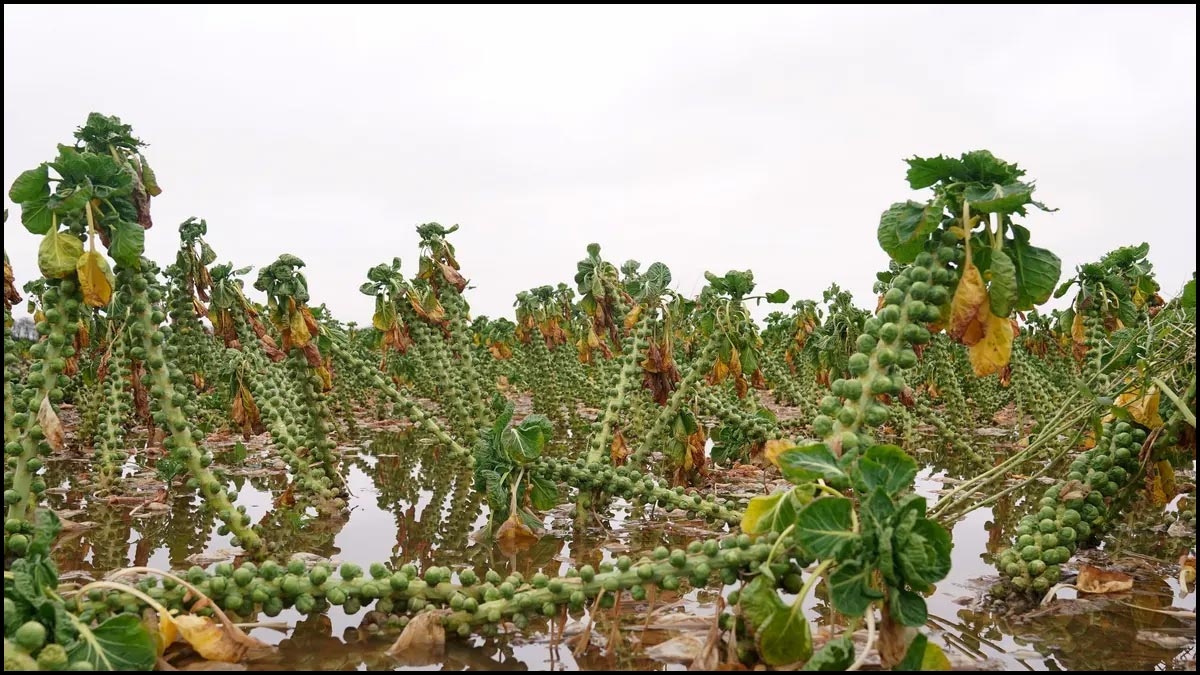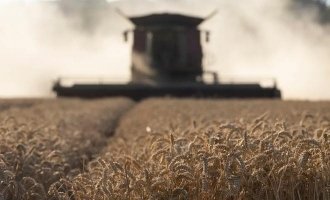
The changing climate is dealing the UK’s food supply chain a double whammy of potential shortages and higher prices from increasingly extreme weather patterns.
The UK has seen the most unusual amount of rain, which, in fact, has given the farming community on many farmlands a chance to plant staple crops like potatoes, wheat, and vegetables. Poor crop quality follows, compounded by the associated livestock mortality from bad weather. This poses problems for both farmers and consumers.
Due to a significant decrease in local agricultural production, the UK is now heavily dependent on imports.

On the other hand, bad weather, from droughts to heat waves, in key farming areas of Europe, including France and Germany, as well as the drought in Morocco, may have an adverse effect on the world food trade, further jacking food prices. Tom Bradshaw, vice president of the National Farmers’ Union, said that it had warned the market could be heading for a nosedive. He explained why he gave his explanation, citing the problems farmers face growing crops in difficult weather conditions.
They recently increased the prices of potatoes in bulk by 60% since they have suffered incredible losses in their potato fields due to rot.

Limiting land areas for growing only adds to the potato, carrot, and parsnip supply problem. High costs and the challenges posed by climate change force many traditional crops to see farmers make a hard choice: either leave fields empty or not grow traditional crops in them. Retailers struggle with shortages, and the situation looks the same for their European counterparts, suggesting a bigger systemic crisis.
Scientists are sounding the alarm: cut down emissions now and take action toward developing resilience against a potential food crisis.

